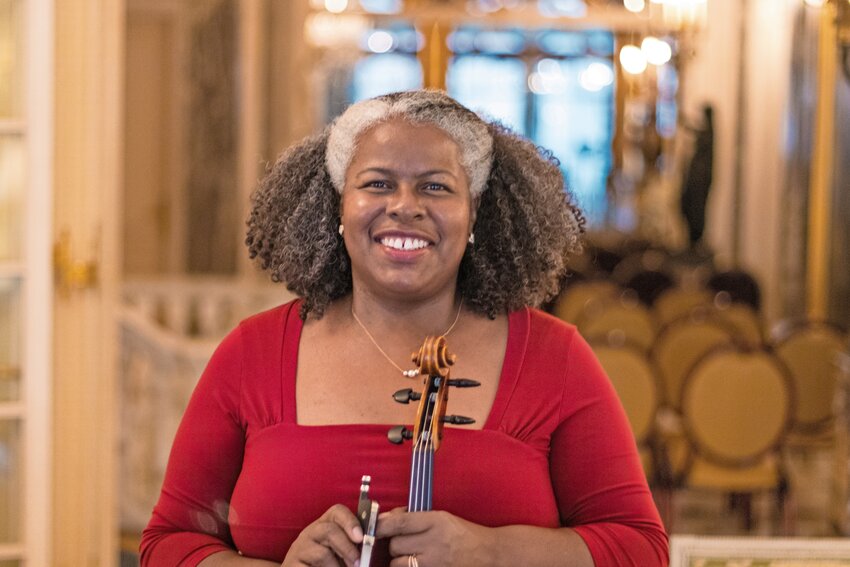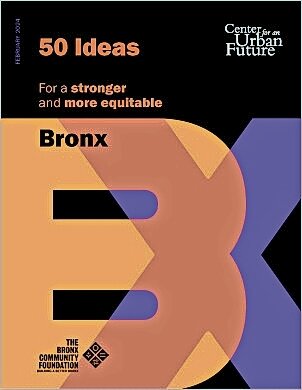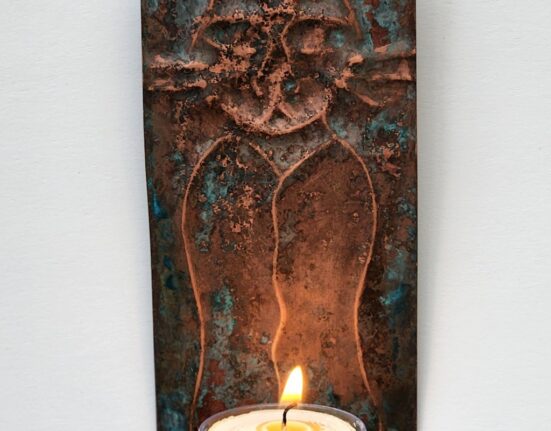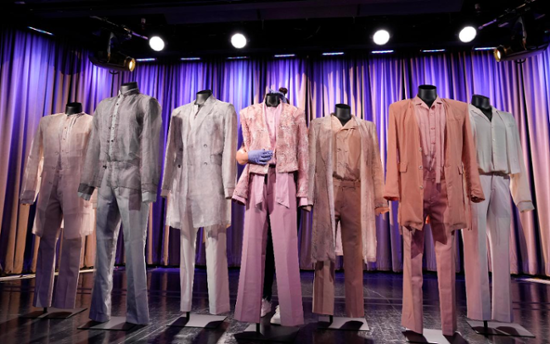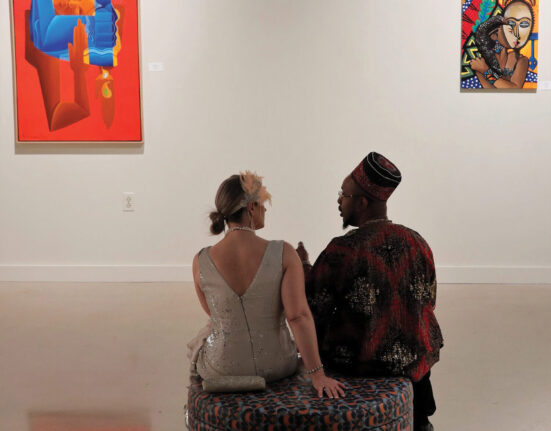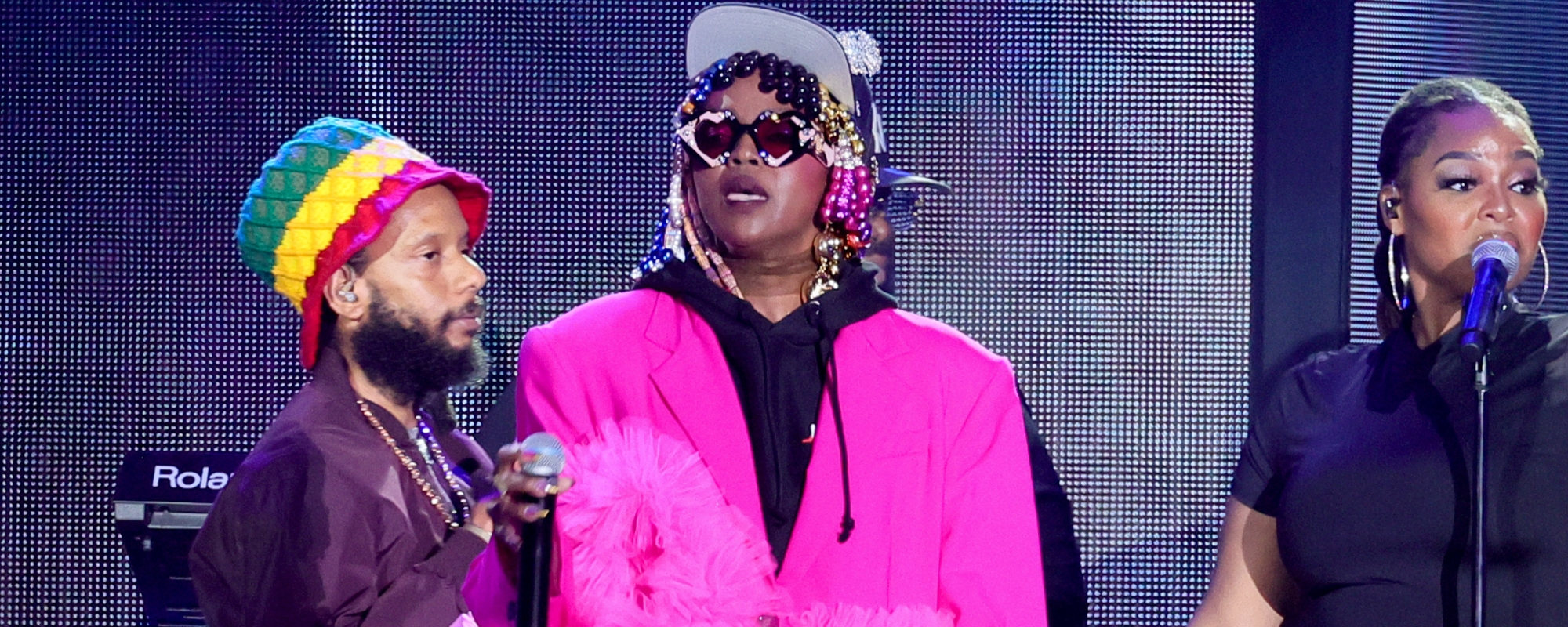By IZANIA GONZALEZ
A list of 50 ideas for a stronger and more equitable Bronx was recently published by the Center for an Urban Future — and many who have read the report say the ideas are vast.
“Since the pandemic, no other borough has experienced a bigger spike in new business formation, and many of these new entrepreneurs have clear potential for growth,” according to the report.
The ideas. Of course, come from leaders throughout the borough — each asked to contribute an idea “that would help more Bronx residents get on the path to the middle class, strengthen social infrastructure, address the affordability crisis, close longstanding racial and ethnic opportunity gaps, improve the health of residents, and bolster neighborhoods across the borough.”
One of those leaders was Judith Insell, the executive director of the Bronx Arts Ensemble, who helped push the idea of establishing and funding arts curriculum as a core subject in public schools. That way, it can provide a gateway for students to find a viable careers in the arts.
The concept of arts curriculum in schools, of course, is not new. Nor did it originate with Insell. Instead, she’ll only accept credit for piloting the idea in the Bronx, where requirements for art education are at the bare minimum.
And that’s something Insell knows all too well, herself a product of the public schools in the Bronx.
“I was fortunate enough to go through (it), and I ended up as a professional musician,” she said. “None of that would have happened if someone did not expose me to arts education. I got the exposure, and I went down this path. It can work.”
Schools in the greater Riverdale area struggle to meet even the most basic art requirements, with 62 percent of middle school students here not achieving that goal. Public schools locally offer everything from visual arts, music and dance, to theatre and film.
“If government officials are not sure that it’s going to make a difference,” Insell said, “then take the entire Bronx public school system and pilot the idea here.”
In fact, she adds, arts education can accomplish many things, like even lower crime rates. That’s backed by a 24-year-old U.S Justice Department report that showed arts and performance help young people develop a sense of identity, independence, discipline and self-worth.
“Students who participate in band, orchestra, chorus or drama are significantly less likely than nonparticipants to drop out of school, be arrested, use drugs, or engage in binge drinking,” the Justice Department report added.
“More people would be employed,” Insell said. “All kinds of things would probably change for young adult people.”
Insell’s fight to strengthen arts education in public schools is based on her belief that art aids workforce development. If schools won’t provide students with these skillsets in the classroom, then they never have the opportunity to venture down a career path in the arts.
Not exposing them to this material not only means they may never know about an entire industry of jobs open to them, but it also narrows the number and diversity of individuals going into arts careers.
“When it comes to the arts, my viewpoint is that it’s actually a career path, not something that’s just making you feel good and enriches your life,” Insell said. “You should think this is a career I could have, I could work in this field.”
And the arts doesn’t just mean singing, dancing or acting.
“You could be a sound engineer, you could be a musician in an orchestra,” Insell said. “These conversations don’t happen because these courses are not looked at as a core idea for students to actually pursue a career.”
Students with disabilities also can grow through the arts, providing them with more employment options once they graduate.
For some schools, Bronx Arts Ensemble becomes the art education program.
“We are engaged with public school partners to actually be the person to come into the classroom and teach the students the basic elements of different art forms,” Insell said.
She believes that, at the bare minimum, the exposure that her organization can provide to students is better than nothing, but it will never be enough.
The Bronx Arts Ensemble has been around for more than 50 years. Its founder, William Scribner, saw the lack of arts education programs even then, and decided to act on the need.
“They realized that if people are to fully appreciate and understand the music they were being presented,” Insell said, “they also had to go into the public school system and help the students and their families understand and get exposed.”
The organization launched its arts-in-education program in 1993, and began partnering with public schools to teach art in schools during the day as well as after school.
Its programs now run in more than 40 public schools, while the ensemble performs at various concert halls and hold events for attendees of all ages to discuss music and art.
Insell has high hopes there will be change moving forward.
“This is a cultural and creative sector here that is very vibrant and has a lot of job opportunities,” she said. And it’s a chance for many to be introduced to many careers already available in the city’s art world.
Keywords
Bronx community development
Urban Future report
Equitable Bronx initiatives
New business formation Bronx
Pandemic economic impact Bronx
Arts education in public schools
Judith Insell Bronx Arts Ensemble
Social infrastructure Bronx
Affordability crisis solutions Bronx
Racial opportunity gaps Bronx
Ethnic opportunity gaps Bronx
Health improvement initiatives Bronx
Neighborhood revitalization Bronx
Middle class pathways Bronx
Public school arts curriculum
Arts career opportunities Bronx
Workforce development arts education
Crime prevention through arts
Student engagement through arts
Diversity in arts education
Career pathways in the arts
Bronx Arts Ensemble programs
Arts-in-education initiatives
Arts integration in schools
Community arts organizations Bronx
Public school partnerships Bronx
Arts education accessibility
Employment opportunities arts sector
Cultural sector job opportunities Bronx
City’s art world careers

